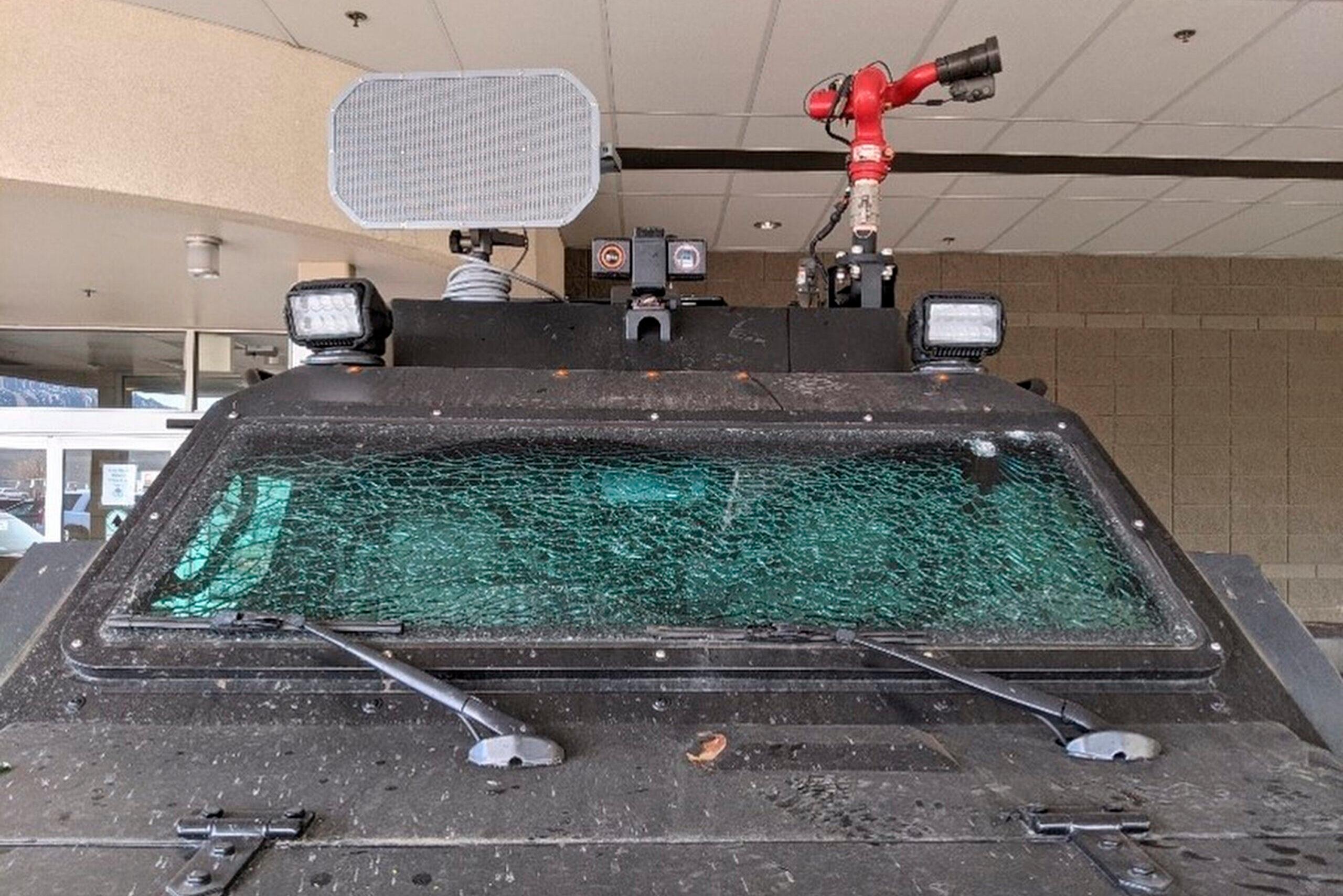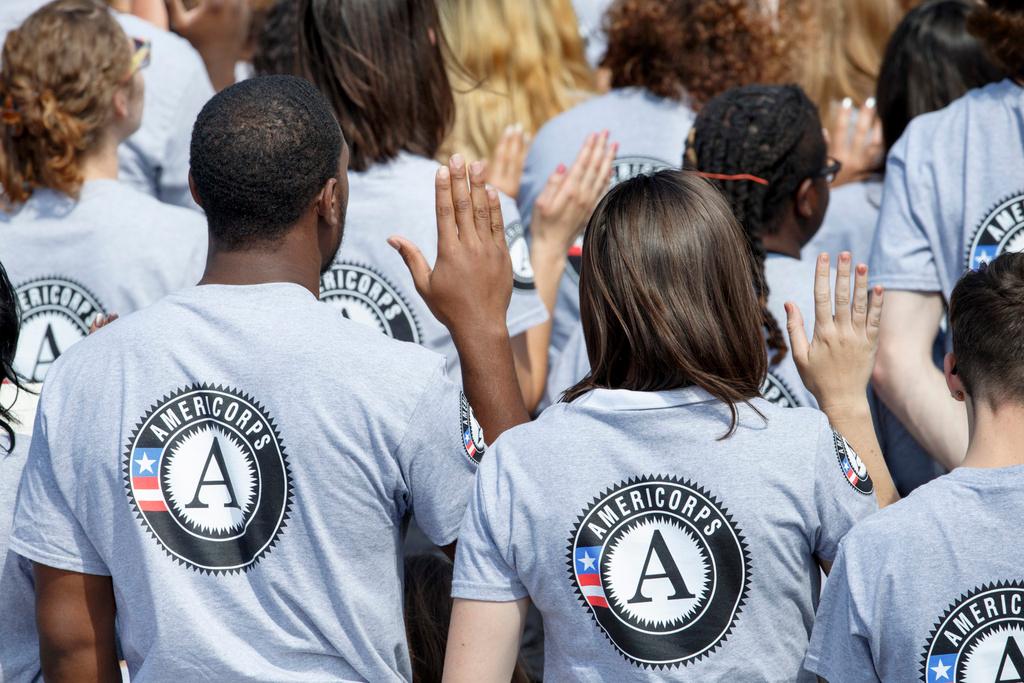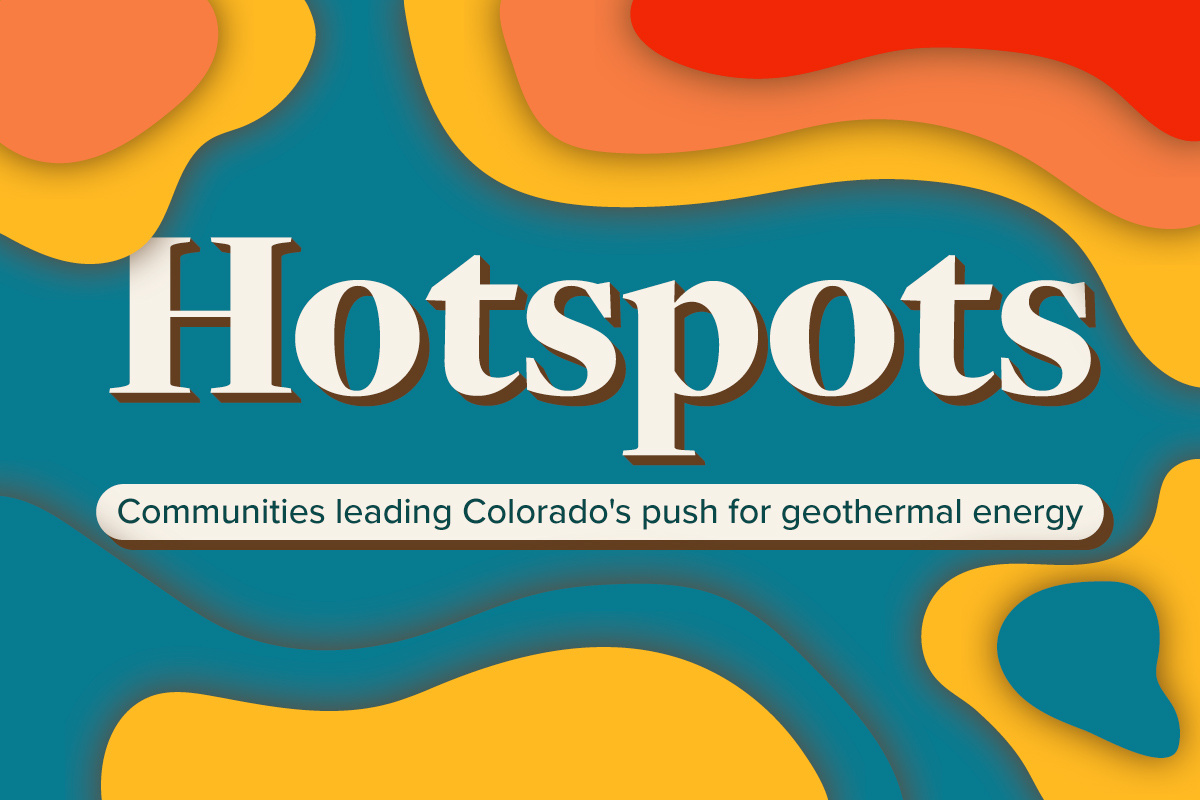
When the sun rose Sunday morning, Carolina de la Torre jumped out of bed and went to a road on The Hill, the Boulder neighborhood where a crowd of around 800 people gathered the night before for an unsanctioned, maskless party which quickly turned violent after law enforcement arrived.
De la Torre, a senior at the University of Colorado, heard of the party on social media and knew it had become a riot. But when she arrived to help with cleanup, she was taken aback by the extent of the damage.
“There was just an incredible amount of glass everywhere,” de la Torre said. “There were Corona bottles everywhere. There was blood on the ground somewhere, I have no idea why. It wasn't just that Nissan Versa that was destroyed because there was at least two to three other cars destroyed at that point.”
For de la Torre and other students, seeing partiers gather so publicly on the street and turn violent against police trying to disperse the crowd was appalling, but not surprising. This party wasn’t an isolated incident. Despite COVID-19 sanctions and guidelines, college students have been partying through the past year.
Journalism senior Lauren de Leon said watching fellow students disregard the pandemic over the past year has left her “disappointed and frustrated”. Watching the university’s administration fail to regulate and punish students elicits the same feeling.
Following the Saturday night riot, CU Chancellor Philip DiStefano released a statement warning students found in violation of public health orders will be subject to disciplinary measures, including suspension. Those who engaged in violent acts, like assault and property destruction, will face “serious sanctions up to expulsion.”
For de Leon, the response was expected, but overall, a disappointment.
“I wouldn't say that it was adequate or will be adequate going forward. I feel that CU, they have a pretty long track record of talking a lot of talk and saying they're going to do things and they don't really end up doing those things,” she said.
Jacob Malcy, who lives close to where the riot happened, said the university's failure to control students over the past year enables their behavior.
“It's their idea of throwing down their hammer,” Malcy said. “To the people that were at that party, it's like they were throwing down a toy hammer, like one that squeaks when you hit something.”
Potential superspreader
The true effects of the incident are yet to be seen. It will take several days of COVID-19 testing to determine whether it was in fact a superspreader event. DiStefano said in-person classes will continue as planned, but faculty can request to temporarily shift to remote learning from chairs and deans.
Most workers on-campus have yet to be vaccinated. They’re eligible under Phase 1B.4, which will start later in March. In the past, faculty and staff expressed concern regarding teaching college-age students, a population that dominated Colorado’s infection rate in late fall.
Students also worry how safe campus will be.
“I know that I wasn't at the party. I know no one I know was at the party, but who's to say that the degrees of separation are close enough that we're not at higher risk because of everything that just happened,” Malcy said.
‘Blinded by their wealth and white privilege’
The arrival of SWAT vehicles elicited painful reminders of last summer’s Black Lives Matter protests, where crowds of peaceful protesters around the country were violently broken up by police officers. The night of the riot, Boulder police told attendees to disperse or else tear gas will be deployed. In response, some people in the crowd threw rocks and bottles at them, which resulted in at least three SWAT officers being struck with rocks.
That’s as far as it escalated. No arrests were made and only one canister of tear gas was used.
“I think it's a little interesting that they decided not to use them on the rich white students of Boulder,” de Leon said.
On some social media platforms, like Reddit and Twitter, some users described the riots as “peaceful protests” to object against public health orders. Many said that claim couldn’t be further from the truth.
“Events like what happened on Saturday only perpetuate the idea that many CU students live in a bubble blinded by their wealth and white privilege,” said Amin Taziny, a Ph.D. candidate at CU. “When I look home and see my people disproportionately ravaged at the frontline of this pandemic, it truly makes me sick knowing that students mere blocks away from me somehow feel they are the ones being oppressed.”
As of Monday, Boulder Police have received more than 750 tips about the identities of those who attended the party or participated in the riot, but no arrests have been made. University officials have yet to announce any disciplinary action for students.








